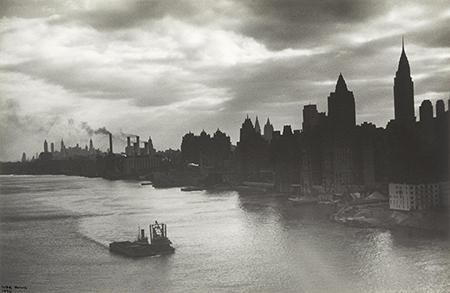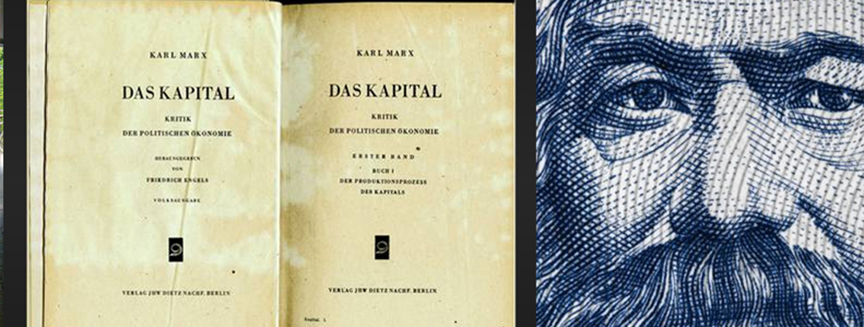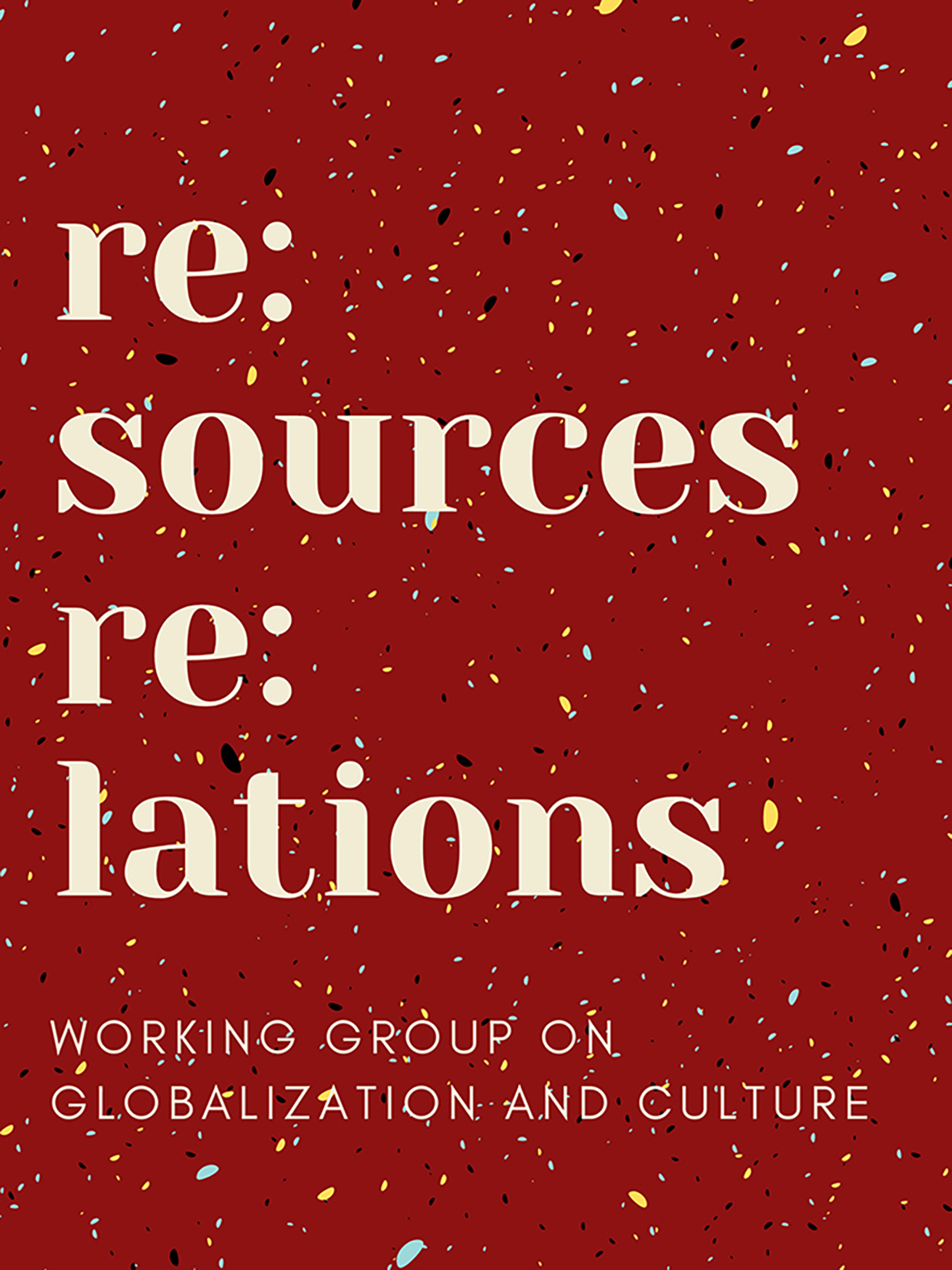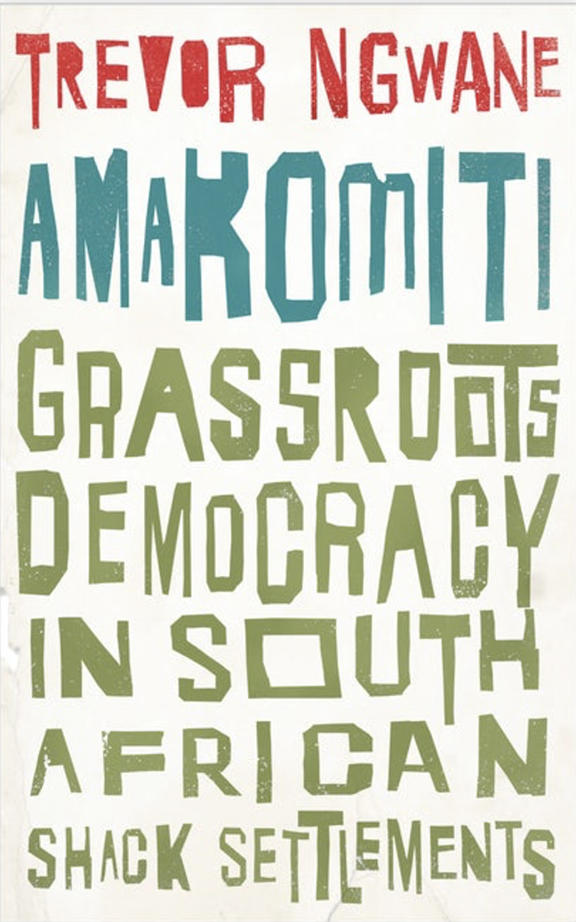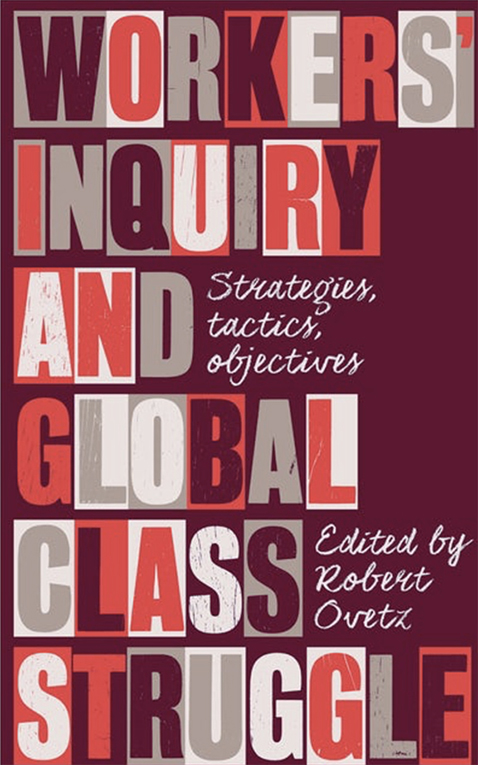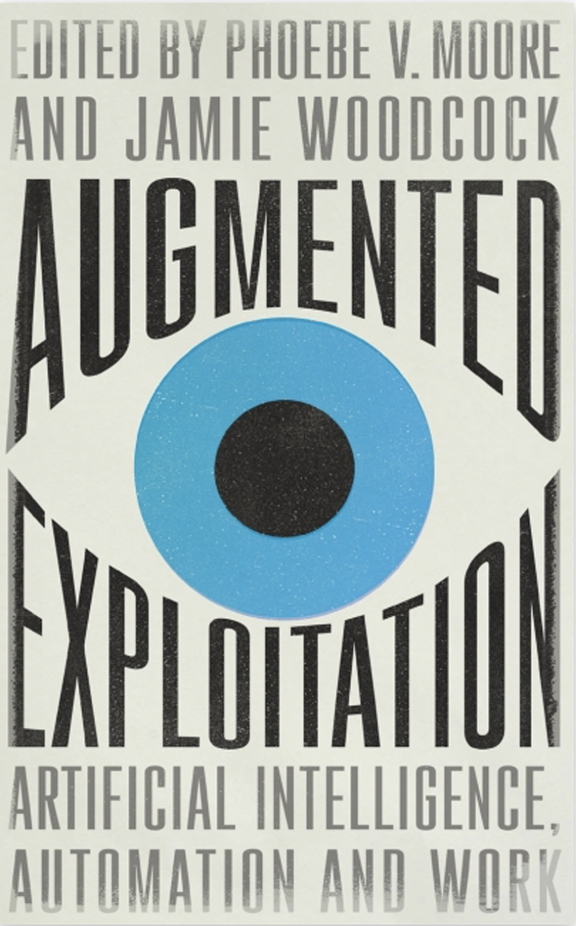Marx's Capital
New York City and the Experience of Modernity
Online: Zoom link will be provided to registered participantsThis is a seminar about New York City and its people. It is not a study of architectural styles and objects, - although the physical stuff of cities does play a role -, but it is a course about the experience of the way in which modernity builds and destroys cities.
Modernity is a historical force. It is messy. In architecture history modernity is usually narrated as an interplay between the combined forces of the Industrial Revolution and capital, with social upheaval, explosive population growth and immigration as its result...
Capital, Volume 1, Part 3
Online: Zoom link will be provided to registered participantsChapters 16 through 25, will trace this development and reveals new dynamics and contradictions inherent to the logic of capitalist accumulation, culminating in Chapter 25, The General Law of Capitalist Accumulation. These developmental processes continue to be played out to this day and are witnessed in the immensity of wealth for a few at one pole of humanity, poverty at another, ruthless misuse and degradation of nature, and reduction of the human subject, the producing masses of real individuals, to an alienated object for capitalist exploitation.
New York City and the Experience of Modernity
Online: Zoom link will be provided to registered participantsThis is a seminar about New York City and its people. It is not a study of architectural styles and objects, - although the physical stuff of cities does play a role -, but it is a course about the experience of the way in which modernity builds and destroys cities.
Modernity is a historical force. It is messy. In architecture history modernity is usually narrated as an interplay between the combined forces of the Industrial Revolution and capital, with social upheaval, explosive population growth and immigration as its result...
Capital, Volume 1, Part 3
Online: Zoom link will be provided to registered participantsChapters 16 through 25, will trace this development and reveals new dynamics and contradictions inherent to the logic of capitalist accumulation, culminating in Chapter 25, The General Law of Capitalist Accumulation. These developmental processes continue to be played out to this day and are witnessed in the immensity of wealth for a few at one pole of humanity, poverty at another, ruthless misuse and degradation of nature, and reduction of the human subject, the producing masses of real individuals, to an alienated object for capitalist exploitation.
Re:sources / Re:lations with Working Group on Globalization and Culture
Online: Zoom link will be provided to registered participantsThe Yale Working Group on Globalization and Culture will share our collective research on two ubiquitous words of our contemporary vocabulary: resources and relations this coming Sunday, June 6/
THEMATIC CLUSTERS: On Sunday June 6, we will present the two clusters: Source Memory: Relating Archival Contradictions and The Relations of Human Resources.
New York City and the Experience of Modernity
Online: Zoom link will be provided to registered participantsThis is a seminar about New York City and its people. It is not a study of architectural styles and objects, - although the physical stuff of cities does play a role -, but it is a course about the experience of the way in which modernity builds and destroys cities.
Modernity is a historical force. It is messy. In architecture history modernity is usually narrated as an interplay between the combined forces of the Industrial Revolution and capital, with social upheaval, explosive population growth and immigration as its result...
Amakomiti: Grassroots Democracy in South African Shack Settlements
Online: Zoom link will be provided to registered participantsCan people who live in shantytowns, shacks and favelas teach us anything about democracy? About how to govern society in a way that is inclusive, participatory and addresses popular needs? This book argues that they can. In a study conducted in dozens of South Africa's shack settlements, where more than 9 million people live, Trevor Ngwane finds thriving shack dwellers' committees that govern local life, are responsive to popular needs and provide a voice for the community.
Capital, Volume 1, Part 3
Online: Zoom link will be provided to registered participantsChapters 16 through 25, will trace this development and reveals new dynamics and contradictions inherent to the logic of capitalist accumulation, culminating in Chapter 25, The General Law of Capitalist Accumulation. These developmental processes continue to be played out to this day and are witnessed in the immensity of wealth for a few at one pole of humanity, poverty at another, ruthless misuse and degradation of nature, and reduction of the human subject, the producing masses of real individuals, to an alienated object for capitalist exploitation.
Grundrisse
Online: Zoom link will be provided to registered participantsIn the Grundrisse Marx arguably bridges his early writings on philosophy and Hegel, and the writing and revisions of Capital that dominated much of the rest of his life. We will undertake a close, word by word reading of the text with a view to understanding the concepts that evolve within it. This first term will begin with the chapter on money.
Workers’ Inquiry and Global Class Struggle: Strategies, Tactics, Objectives
Online: Zoom link will be provided to registered participantsBy engaging in what Karl Marx called a workers' inquiry, workers and militant co-researchers are studying their working conditions, the technical composition of capital, and how to recompose their own power in order to devise new tactics, strategies, organizational forms and objectives. These workers’ inquiries, from call center workers to platform, trucking, cleaning, logistics, mining, auto factories, teachers, and adjunct professors, are re-energizing unions, bypassing unions altogether or innovating new forms of workers' organizations.
Capital, Volume 1, Part 3
Online: Zoom link will be provided to registered participantsChapters 16 through 25, will trace this development and reveals new dynamics and contradictions inherent to the logic of capitalist accumulation, culminating in Chapter 25, The General Law of Capitalist Accumulation. These developmental processes continue to be played out to this day and are witnessed in the immensity of wealth for a few at one pole of humanity, poverty at another, ruthless misuse and degradation of nature, and reduction of the human subject, the producing masses of real individuals, to an alienated object for capitalist exploitation.
AUGMENTED EXPLOITATION: Artificial Intelligence, Automation and Work
Online: Zoom link will be provided to registered participantsGoing beyond platform work and the gig economy, the authors explore emerging forms of algorithmic governance and AI-augmented apps that have been developed to utilise innovative ways to collect data about workers and consumers, as well as to keep wages and worker representation under control. They also show that workers are not taking this lying down, providing case studies of new and exciting form of resistance that are springing up across the globe.
Pluto Wildcat Series: Final 2 sessions—Augmented Exploitation and Wobblies of the World
Online: Zoom link will be provided to registered participantsThese books uncover the radical militancy which characterises international workers struggles, both contemporary and historical. Looking at diverse topics including proletarianisation and class formation, mass production, gender, affective and reproductive labour, syndicalism and independent unions, and labour and Leftist social and political movements, it is the most comprehensive exploration into workers’ organisation being developed today. All books from the series are available at the MEP on-line book store.
Pluto Wildcat Series: Final 2 sessions—Augmented Exploitation and Wobblies of the World
Online: Zoom link will be provided to registered participantsThese books uncover the radical militancy which characterises international workers struggles, both contemporary and historical. Looking at diverse topics including proletarianisation and class formation, mass production, gender, affective and reproductive labour, syndicalism and independent unions, and labour and Leftist social and political movements, it is the most comprehensive exploration into workers’ organisation being developed today. All books from the series are available at the MEP on-line book store.
Grundrisse
Online: Zoom link will be provided to registered participantsIn the Grundrisse Marx arguably bridges his early writings on philosophy and Hegel, and the writing and revisions of Capital that dominated much of the rest of his life. We will undertake a close, word by word reading of the text with a view to understanding the concepts that evolve within it. This first term will begin with the chapter on money.

